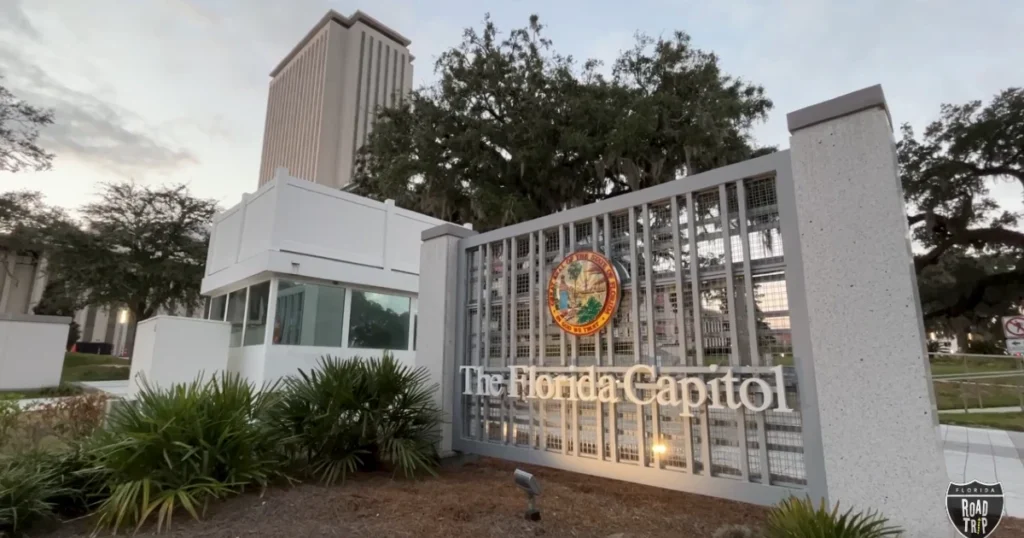Florida’s James Madison Institute (JMI) has been praised for focusing on specific state issues that other groups often overlook.
The group just announced several key issues it wants the Florida Legislature to address during its next 2026 session.
Education at the state and local level.
By proactively circumventing zoning and land-use restrictions that prevent the spread of microschools, hybrid programs, and other innovative educational ventures, and by ensuring that these startup programs can lease unused public school classrooms during the school year (in much the same way that emerging churches lease unused classroom space on Sundays).
Allows students receiving Florida Individualized Education Program (PEP) scholarships to take “a la carte” courses (for a fee) in public schools.

Leverage Florida’s K-12 success to benefit students in other states through participation in Education Savings Accounts (ESAs) and federal education tax credit scholarship programs.
Provide future performance grants to state universities conditional on the schools participating in the board’s annual survey that evaluates how well each university fosters freedom of expression and respect for the diversity of viewpoints.
Reform of Florida’s property and casualty insurance market.
Resist efforts by billboard lawyers to undermine recent reforms that stabilize the market by reducing the state’s burden through Citizens Insurance, attracting new insurance companies to Florida, and reducing frivolous litigation.
Florida’s housing affordability crisis.
Florida’s housing affordability problem can be addressed through policy solutions that remove government obstacles such as burdensome and costly land use regulations, regressive impact fees, and permitting processes that increase housing costs and inhibit development. Housing delivery solutions include accessory dwelling units (ADUs), lot size and housing flexibility reforms, and building code adjustments to reduce barriers to new construction.
Secure exchange fee contracts.
Continue to protect Floridians from interference with business contracts that benefit consumers and small businesses. Resist government overreach to reduce state taxes from interchange fees. This is because it would limit available credit for Florida residents, weaken security protections, reduce card rewards programs, and impose new obligations on networks and providers.
Reform Florida’s property taxes.
Lead the reform of Florida’s outdated property tax system, which punishes homeowners with continually rising assessed values and imposes a permanent burden on families on unrealized gains, by supporting policy solutions that promote housing affordability and homeownership while reducing local governments’ reliance on unhealthy ad valorem taxes.
Increase health care choice and competition.
Support efforts to supplement the health care options of Floridians through the expansion of certain health care functions such as dentists, some psychiatric nurse practitioners, and other policies that reduce health care costs and expand access to services.
Technology and innovation with digital freedom and privacy protection.
Opposes legislation that would require government ID verification for digital platforms. This creates cybersecurity risks while chilling free speech. Americans should not need government permission to participate in online discussions. Support alternative age verification methods that protect both minors and their constitutional rights.
Modernize communications taxation.
Permanently prohibit local communications services tax (CST) increases and require transparent public reporting on the use of CST revenues. Eliminate extra telecommunications taxes that burden consumers and discourage broadband investment in underserved communities.


